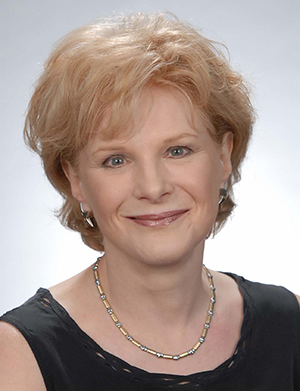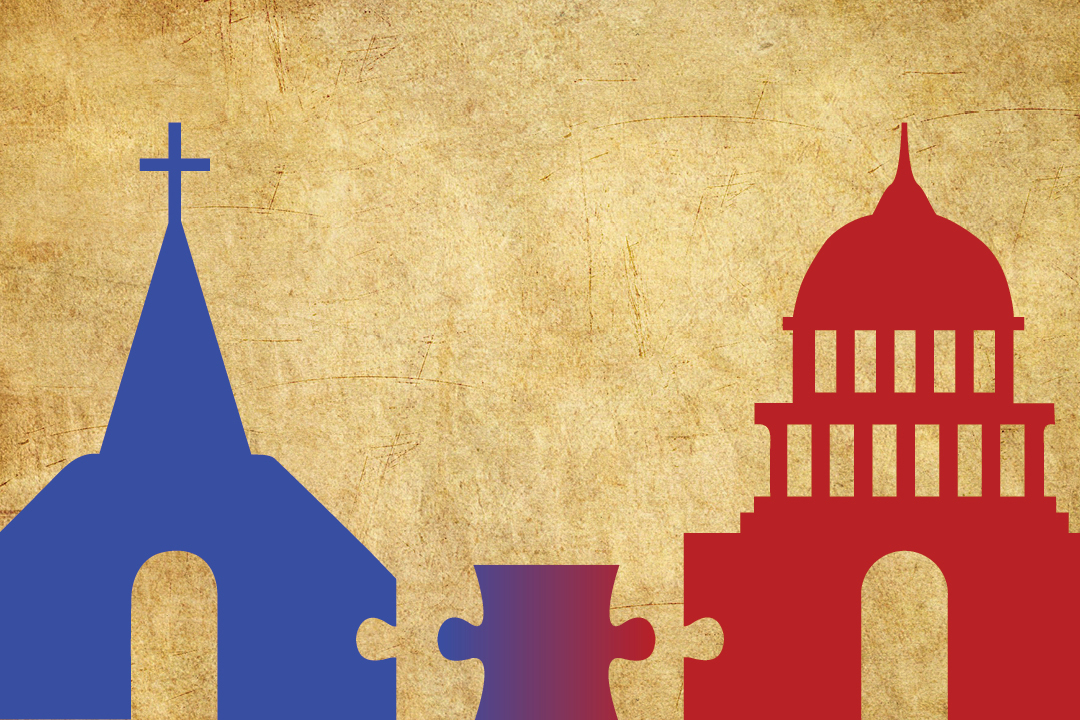President Donald Trump has stated he will work for the repeal of the Johnson Amendment to free religious organizations from constraints on political activity.
GW Law Professor Miriam Galston teaches and has written articles and essays in book collections in the areas of legal theory, the history of legal ideas, and public policy issues affecting exempt organizations. She addresses the impact of this amendment and its uncertain future.
 Q: What does the Johnson Amendment do?
Q: What does the Johnson Amendment do?
A: The Johnson Amendment added language to the Internal Revenue Code to prohibit charities from participating or intervening in a political campaign on behalf of a candidate for public office. Congress had already put severe limitations on the amount of lobbying charities could do, and it had been holding hearings about and discussing the campaign issue for roughly two decades.
Q: Why is the President addressing it now?
A: The President is addressing this subject now because he discovered that it was a popular campaign issue among certain audiences, who believe that the prohibition interferes with charitable organizations’ free speech. In particular, some clergy had been very visibly violating the prohibition by endorsing candidates from the pulpit on the eve of elections. Interestingly, a survey found that more than 85% of pastors do not want to be permitted to take sides in campaigns in their official capacity.
Q: What does a violation of the amendment look like?
A: The prohibition would have been violated if President Knapp had encouraged the GW community to vote for “Smith” in an election when President Knapp sent one of his emails to faculty and staff. A house of worship that held a car wash to raise money to give to Smith’s campaign for public office would violate the prohibition.
Q: Are houses of worship putting pressure on the current administration to repeal the amendment?
A: Congregations and their clergy are divided about the desirability of repealing the prohibition. The vast majority believe bringing politics into houses of worship will distract from the religious mission and could trigger hostility or arguments among worshipers.
Q: If they repeal the probation, does this mean clergy can intervene in elections as much as a super-PAC?
A: Even if the prohibition is repealed, other requirements that charities must satisfy would ensure that they would not turn into super-PACs. A threshold condition for qualifying as a charity is having a charitable purpose. The statute says that an organization must be “organized exclusively for religious, charitable” and related purposes to qualify. The Supreme Court held in 1945 that even a single substantial non-exempt purpose would disqualify a charitable organization from receiving tax-exemption under the Code. In fact, all of a charity’s private (non-charitable) activities in aggregate cannot be more than insubstantial. So even assuming repeal, electioneering would still have to be limited for a charity to qualify under section 501(c)(3).


